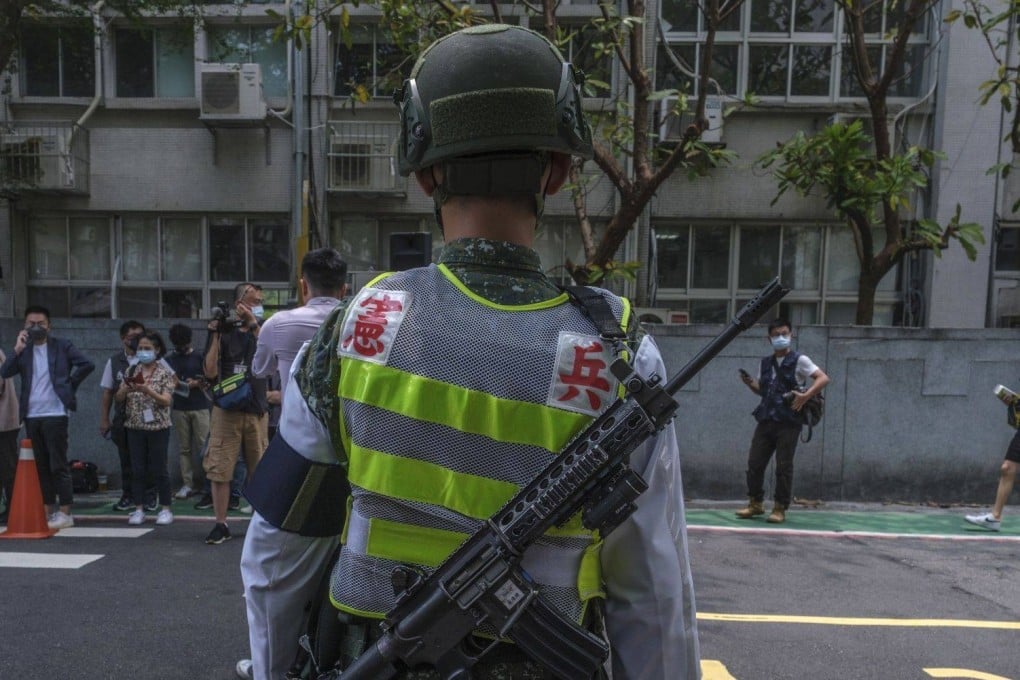My Take | Bad Samaritans who keep passing through the Taiwan Strait
- American provocateurs continue to stir the pot by suggesting lengthening mandatory military service in Taiwan and abandoning the one-China policy

Military service
Domestically, the length of military service has been a long-standing issue. So it’s hardly the case that Esper is starting the debate only just now. The current debate dates from last November. Back then, Jang Chyi-lu, an economist and lawmaker of the opposition Taiwan People’s Party, asked Defence Minister Chiu Kuo-cheng about the need and feasibility of extending the training of male conscripts from the current four months to one year, especially in light of the much longer period of mandatory military training in South Korea and Singapore.
The war in Ukraine gave an immediate boost to public support for lengthening mandatory military service. A March 22 survey conducted by the Taiwanese Public Opinion Foundation found three out of four Taiwanese supported lengthening it to one year.
But such sentiments may not be sustainable as they have always been susceptible to the waxing and waning of tensions between the island and the mainland. From 1949 to 2000, conscription lasted two to three years. But in the 2000s, it was shortened to one year, as cross-strait ties were strengthened and tensions waned. Thereafter, four months of basic training were enough to earn a conscript a waiver for the rest of the year of service.
